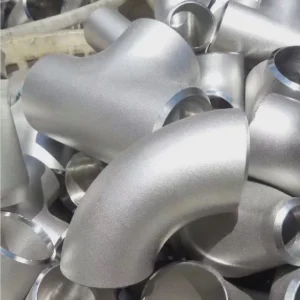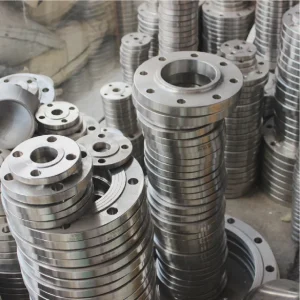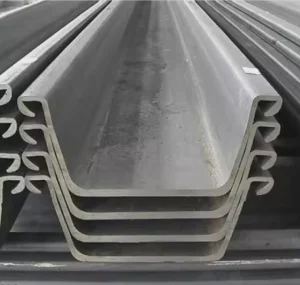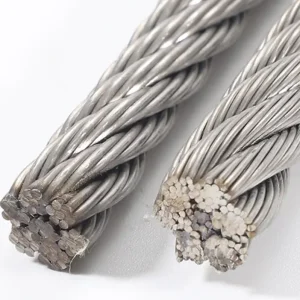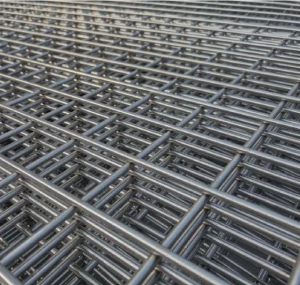Pre-Painted Galvanized Iron (PPGI) coil manufacturing facilities are specialized industrial plants dedicated to applying organic coatings onto galvanized steel coils. This process enhances the steel's aesthetic appeal and significantly improves its corrosion resistance, making it suitable for a wide range of applications, particularly in construction, home appliances, and transportation.
Core Production Stages in a PPGI Coil Factory
The manufacturing of PPGI coils involves a continuous, highly controlled process. Key stages include:
- Uncoiling and Entry Section: Galvanized steel coils are loaded onto uncoilers. The strip may pass through a stitcher or welder to join coils for continuous operation.
- Cleaning and Pre-treatment: The steel surface is thoroughly cleaned to remove oils and contaminants. A chemical pre-treatment, often a chromate or non-chromate conversion coating, is then applied to enhance paint adhesion and corrosion resistance.
- Coating Application: This is the heart of the PPGI line. Typically, a primer coat is applied first, followed by a curing process. Then, the topcoat (finish coat) is applied. Roller coating is the most common method, ensuring uniform thickness and finish. Some advanced facilities, like those operated by Shanxi Luokaiwei Steel Company, might utilize sophisticated coating heads for precise application.
- Curing Ovens: After each coating application (primer and topcoat), the coil passes through curing ovens. These ovens use controlled high temperatures to bake and cure the paint, ensuring proper adhesion and desired film properties.
- Cooling Section: Post-curing, the strip is cooled, often using air or water quenching, before further processing.
- Quality Control and Exit Section: The coated coil undergoes rigorous quality checks, including visual inspection, gloss measurement, color matching, thickness testing, and adhesion tests. The finished PPGI coil is then recoiled and prepared for shipment.
Essential Equipment and Technology
A modern PPGI coil factory is equipped with:
- High-speed continuous coating lines.
- Precision roller coaters.
- Efficient cleaning and pre-treatment tanks/sprays.
- Advanced curing ovens (e.g., induction, infrared, or convection).
- Tension levelers to ensure strip flatness.
- Automated process control systems.
- Comprehensive quality testing laboratories.
The choice of paints and coatings is crucial. Common types include Polyester (PE), Silicon Modified Polyester (SMP), High-Durability Polyester (HDP), and Polyvinylidene Fluoride (PVDF), each offering different levels of durability, weather resistance, and cost. Many established manufacturers, such as Shanxi Luokaiwei Steel Company, offer a wide range of coating options to meet diverse customer requirements.
Quality Assurance and Standards
Quality assurance is paramount in PPGI coil manufacturing. Factories adhere to international standards like ASTM, EN, JIS, and ISO. This involves strict control over raw materials (galvanized coil and paints), process parameters (line speed, oven temperatures, coating thickness), and final product testing. Consistent quality ensures the longevity and performance of the end products made from PPGI coils.
Selecting a PPGI Coil Manufacturer
When choosing a PPGI coil manufacturer, several factors should be considered:
- Experience and Reputation: Look for manufacturers with a proven track record.
- Production Capacity and Technology: Ensure the factory can meet volume requirements and employs modern coating technology. Companies like Shanxi Luokaiwei Steel Company often highlight their production capabilities and technological advancements.
- Range of Products: Availability of different substrates, coating types, colors, and finishes.
- Quality Certifications: Certifications (e.g., ISO 9001) indicate a commitment to quality management systems.
- Technical Support: The ability to provide technical advice and support for specific applications.
A reliable PPGI coil factory plays a critical role in supplying high-quality, durable, and aesthetically pleasing coated steel for numerous industries worldwide.



